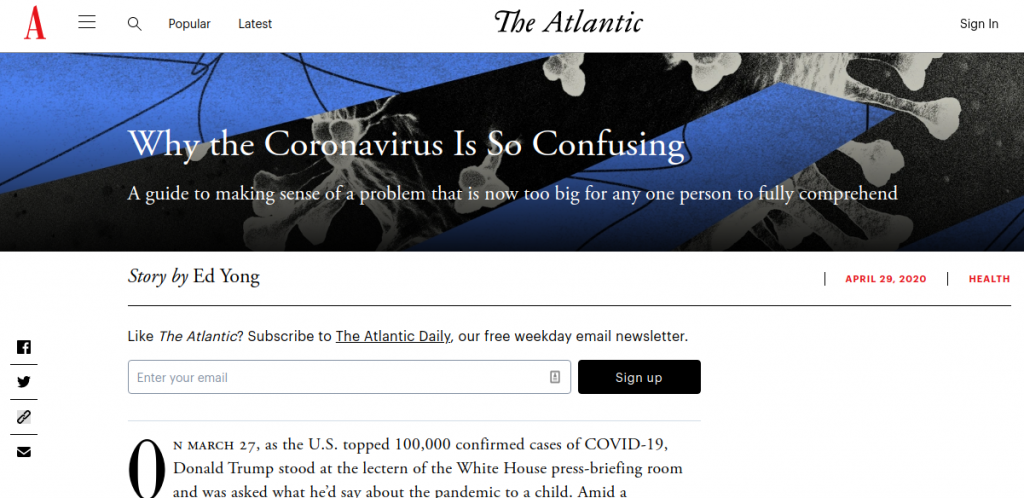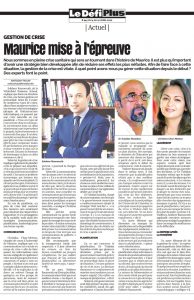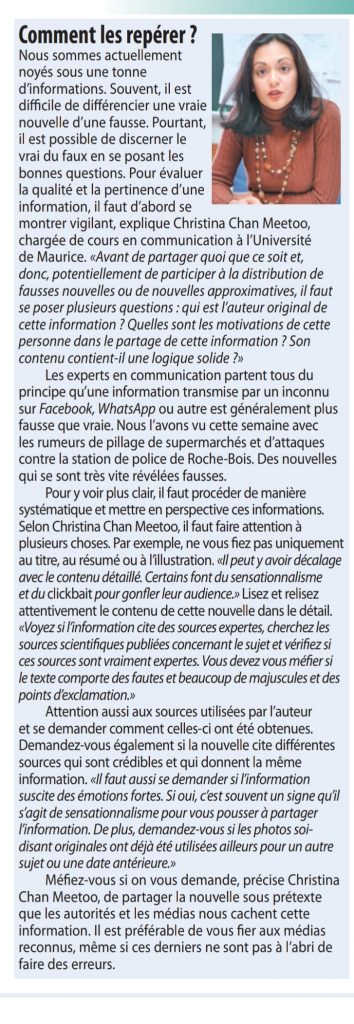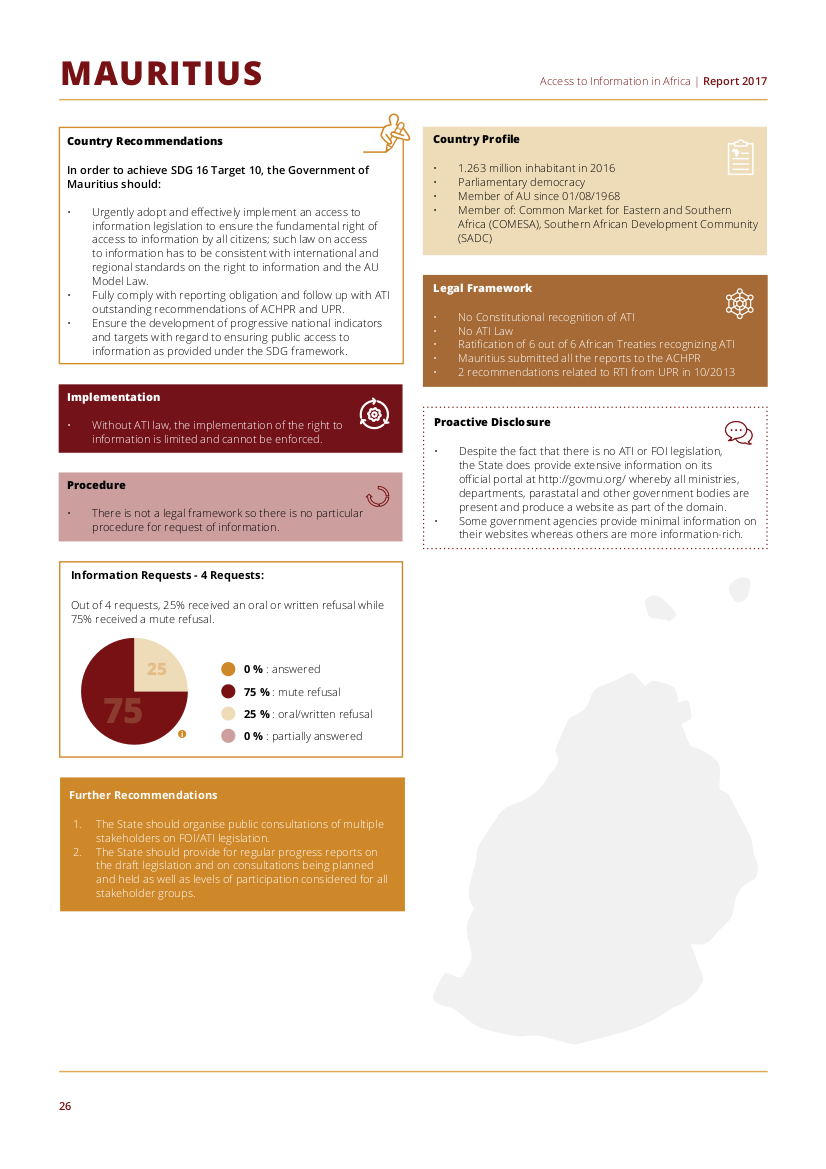I recently came across this long article on The Atlantic:
Why the Coronavirus Is So Confusing. A guide to making sense of a problem that is now too big for any one person to fully comprehend
It is very long but very worth the read as it gives as exhaustive an overview as possible of all the issues related to communication and policy during the pandemic.
In case you want quick reads (but it is better to read the whole thing), I offer:
A detailed summary with highlights
Here’s the summary with highlights:
- We must distinguish between the virus and the disease which happens within a social context – Earlier instances of the term coronavirus are readily misconstrued. (…) The disease COVID-19 arises from a combination of the virus SARS-CoV-2 and the person it infects, and the society that person belongs to.
- There’s a deluge of publications and we need to spot errors – Scientists have published more than 7,500 papers on COVID-19. But despite this deluge, “we haven’t seen a lot of huge plot twists,”. Epidemiologists (…) have suddenly been thrust into political disputes. (…) “Some people are genuinely trying to help, but there’s also a huge amount of opportunism.” (…) Expertise is not just about knowledge, but also about the capacity to spot errors. (…) We hunger for information, but lack the know-how to evaluate it or the sources that provide it. (…) Bergstrom agrees that experts shouldn’t be dismissive gatekeepers.
- False expertise come with extreme overconfidence, mostly from male voices – A lack of expertise becomes problematic when it’s combined with extreme overconfidence, and with society’s tendency to reward projected confidence over humility. (…) Through attention, the media reward voices that are outspoken but not necessarily correct. Those voices are disproportionately male.
- Modern expertise tends to be deep but narrow and thus requires collaboration – The idea that there are no experts is overly glib. The issue is that modern expertise tends to be deep, but narrow. (…) In a pandemic, the strongest attractor of trust shouldn’t be confidence, but the recognition of one’s limits, the tendency to point at expertise beyond one’s own, and the willingness to work as part of a whole.
- To gain trust, provide full statements and do not hide uncertainties – “The fuller statements take longer to explain, but that’s how it is in outbreaks.” Inglesby says. “There’s a lot of uncertainty, and we shouldn’t try to tidy it up.” (…) The impulse to be reassuring is understandable, but “the most important thing is to be as accurate as possible,” Inglesby says. (…) If officials—and journalists—are clear about uncertainties from the start, the public can better hang new information onto an existing framework, and understand when shifting evidence leads to new policy. Otherwise, updates feel confusing.
- For audiences, sharing offers agency but we are drowning in too much information – Sharing offers agency. It allows people to collectively make sense of a situation riddled by anxiety and uncertainty. (…) Historically, people would have struggled to find enough information. Now people struggle because they’re finding too much. (…) It does not help that online information channels are heavily personalized and politicized, governed by algorithms that reward certain and extreme claims over correct but nuanced ones.
- The default media staccato rhythm intensifies uncertainty and drives people to misinformation – Rosen also argues that the media’s default rhythm of constant piecemeal updates is ill-suited to covering an event as large as the pandemic. “Journalists still think of their job as producing new content, but if your goal is public understanding of COVID-19, one piece of new content after another doesn’t get you there,” (…) Instead, the staccato pulse of reports merely amplifies the wobbliness of the scientific process, turns incremental bits of evidence into game changers, and intensifies the already-palpable sense of uncertainty that drives people toward misinformation.
- The audience needs to change: become more information literate and practise fact-checking – If the media won’t change, its consumers might have to. Starbird recommends slowing down and taking a moment to vet new information before sharing it.
- Pay attention to how data is gathered and do not treat models as crystal ball – The means of gathering data always complicate the interpretation of those data. (…) The numbers I see say as much about the tools researchers are using as the quantities they are measuring. (…) If measuring the present is hard, predicting the future is even harder. The mathematical models that have guided the world’s pandemic responses have been often portrayed as crystal balls. That is not their purpose.
- Prevention is better though not sexy – “There are two lessons one can learn from an averted disaster,” Tufekci says. “One is: That was exaggerated. The other is: That was close.”
- The narrative is more complex than we think: we built a world that is prone to pandemics yet not ready to face them –The coronavirus not only co-opts our cells, but exploits our cognitive biases. (…) We crave simple narratives, but the pandemic offers none. (…) And the desire to name an antagonist, be it the Chinese Communist Party or Donald Trump, disregards the many aspects of 21st-century life that made the pandemic possible: humanity’s relentless expansion into wild spaces; soaring levels of air travel; chronic underfunding of public health; a just-in-time economy that runs on fragile supply chains; health-care systems that yoke medical care to employment; social networks that rapidly spread misinformation; the devaluation of expertise; the marginalization of the elderly; and centuries of structural racism that impoverished the health of minorities and indigenous groups. It may be easier to believe that the coronavirus was deliberately unleashed than to accept the harsher truth that we built a world that was prone to it, but not ready for it.
- The end of its journey and the nature of its final transformation will arise from our collective imagination and action. And they, like so much else about this moment, are still uncertain.
And here’s an ‘extreme’ summary:
- We must distinguish between the virus SARS-CoV-2 and the disease Covid-19 which happens to individuals but within different social contexts.
- There has been a deluge of scientific publications and we need to spot errors coming from genuine mistakes or mere opportunism. False expertise comes with extreme overconfidence, specially from male voices.
- Modern expertise tends to be deep but narrow and thus requires collaboration.
- To gain trust, decision-makers and media need to provide full statements and highlight current uncertainties. The default media staccato, piece-meal, sensationalistic rhythm intensifies uncertainty and mistrust and thus drives people to misinformation.
- Sharing offers agency but we are drowning in too much information. The audience needs to change: become more information literate and practise fact-checking.
- We must pay attention to how data is gathered and not treat mathematical models as crystal balls. We have no awareness about disasters that were averted such as the Y2K bug because prevention is not sexy but it is still better than cure.
- Don’t play the blame game. The narrative is more complex than we think: we all built a world that is prone to pandemics (with onslaughts against nature, health, care, local micro-industry, information, expertise, minorities) yet we’re not ready to tackle their consequences
- The end and the nature of the final transformation will be determined by our collective imagination and action which are also still uncertain.





